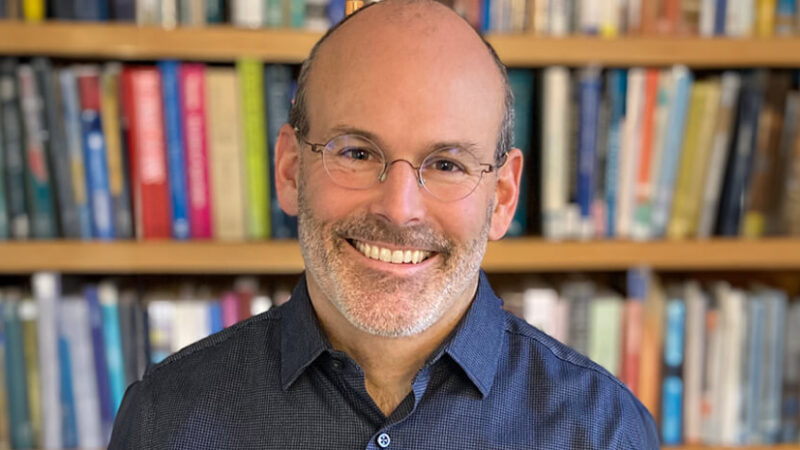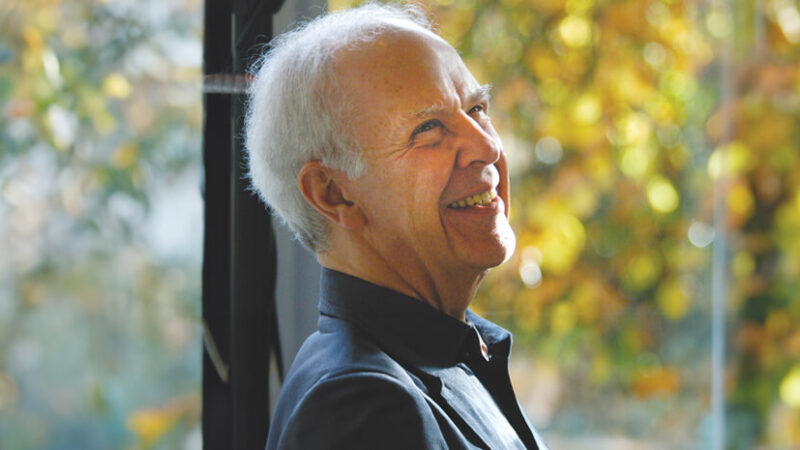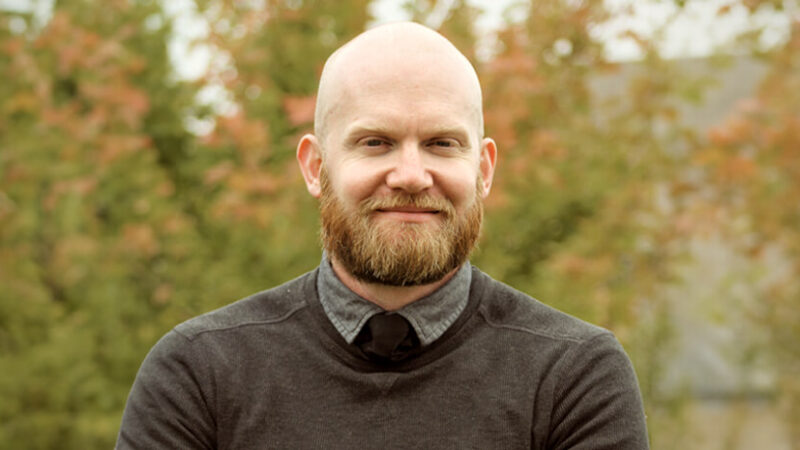6 Tips for Empaths to Survive the Holidays

Being in crowds and around energy vampires can be very challenging, almost overwhelming for empaths. During times of stress their ability to be emotional sponges heightens, which overrides their sublime capacity to absorb positive emotions and all that is beautiful. If empaths are around peace and love, their bodies assimilate these and flourish. Crowds or negativity, though, often feel assaultive, exhausting.
For empaths to fully enjoy the holiday gatherings with family and friends, they must learn to protect their sensitivity and find balance. Since I’m an empath, I want to help them cultivate this capacity and be comfortable with it.
I’ve always been hyper-attuned to other people’s moods, good and bad. Before I learned to protect my energy, I felt them lodge in my body. After being in crowds I would leave feeling anxious, depressed, or tired. When I got home, I’d just crawl into bed, yearning for peace and quiet.
Here are six strategies to help you manage empathy more effectively and stay centered without absorbing negative energies.
1. Move away. When possible, distance yourself by at least twenty feet from the suspected source. See if you feel relief. Don’t err on the side of not wanting to offend anyone. At the gathering try not to sit next to the identified energy vampire. Physical closeness increases empathy.
2. Surrender to your breath. If you suspect you are picking up someone else’s energies, concentrate on your breath for a few minutes. This is centering and connects you to your power. In contrast, holding your breath keeps negativity lodged in your body. To purify fear and pain, exhale stress and inhale calm. Picture unwholesome emotions as a gray fog lifting from your body, and wellness as a clear light entering it. This can produce quick results.
3. Practice Guerilla Meditation. Be sure to meditate before the gathering, centering yourself, connecting to spirit, feeling your heart. Get strong. If you counter emotional or physical distress while at an event, act fast and meditate for a few minutes. You can do this by taking refuge in the bathroom or an empty room. If it’s public, close the stall. Meditate there. Calm yourself. Focus on positivity and love. This has saved me many times at social functions where I feel depleted by others.
4. Set healthy limits and boundaries. Control how much time you spend listening to stressful people, and learn to say “no.” Set clear limits and boundaries with people, nicely cutting them off at the pass if they get critical or mean. Remember, “no” is a complete sentence.
5. Visualize protection around you. Research has shown that visualization is a healing mind/body technique. A practical form of protection many people use, including health care practitioners with difficult patients, involves visualizing an envelope of white light around your entire body. Or with extremely toxic people, visualize a fierce black jaguar patrolling and protecting your energy field to keep out intruders.
6. Define and honor your empathic needs. Safeguard your sensitivities. In a calm, collected moment, make a list of your top five most emotionally rattling situations. Then formulate a plan for handling them so you don’t fumble in the moment. Here are some practical examples of what to do in situations that predictably stymie empaths. If your comfort level is three hours max for socializing–even if you adore the people — take your own car or have an alternate transportation plan so you’re not stranded. If someone asks too much of you, politely tell them “no.” It’s not necessary to explain why. As the saying goes, “No is a complete sentence.”
Looking for more great reads?

Adapted from The Empath’s Survival Guide by Dr. Judith Orloff.

Judith Orloff, MD, is the author of The Empath’s Survival Guide (Sounds True, 2017). She is a leading voice in the fields of medicine, psychiatry, and intuitive development.









